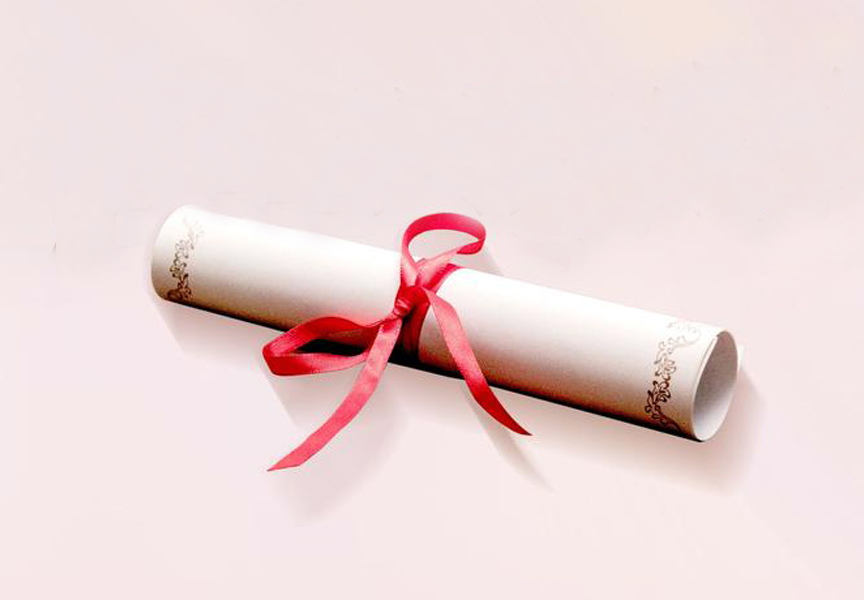Random Free Articles
- The Unveiled Power of the Umbrella
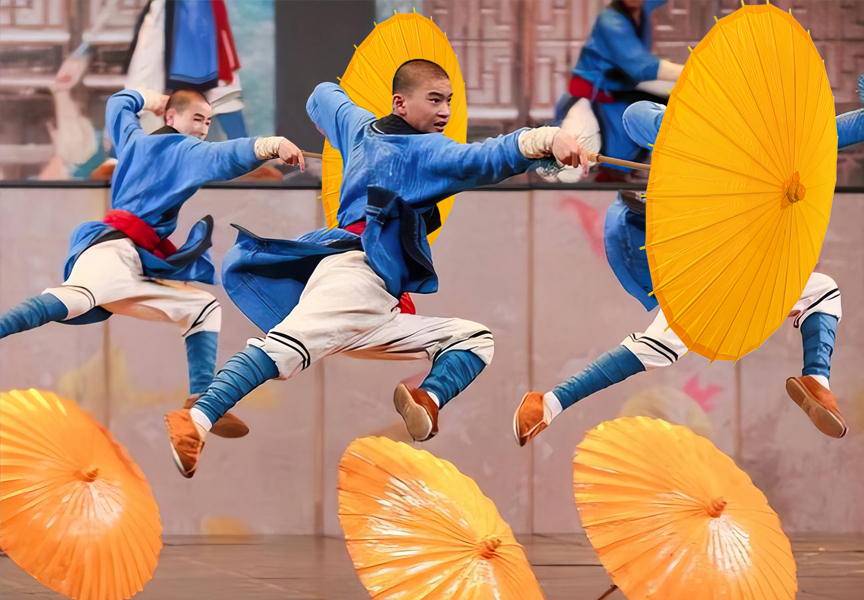
A Weapon in Shaolin Kung Fu Monk Hands In the world of martial arts, where the convergence of tradition and innovation gives birth to unique fighting styles, one may be surprised to discover that even an everyday object like the umbrella - Yusan [Chin.: Yǔsǎn 雨伞] can be transformed into a formidable weapon. In the ancient practice of Shaolin Kung Fu, the umbrella, primarily associated with shielding against rain or sun, unveils a hidden…
- Sword Fingers of Taijiquan
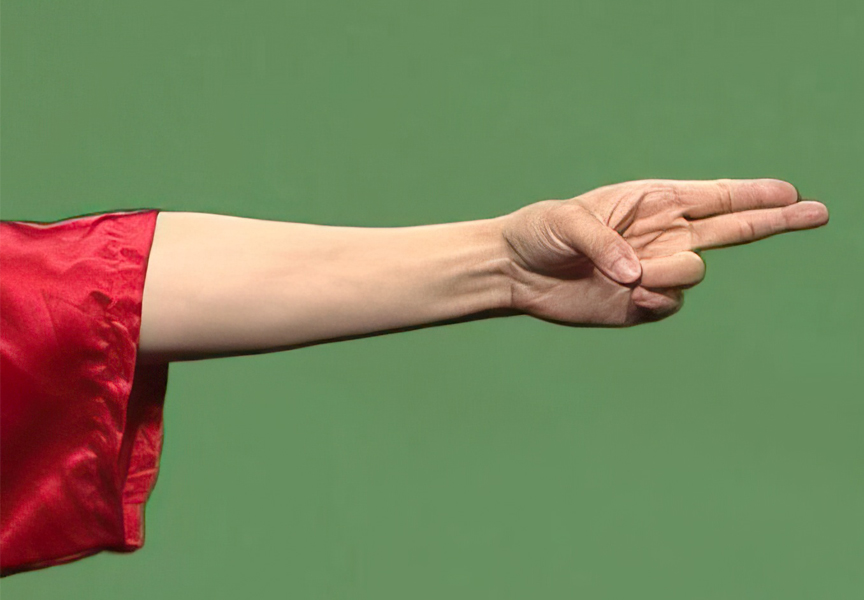
The Symbolism and Application of Two Fingers Pointing in Taijiquan Sword Taijiquan, often referred to as Tai Chi, is a Chinese martial art known for its slow, flowing movements and emphasis on internal energy cultivation. Within the vast realm of Taijiquan, there exists a unique and symbolic gesture – the use of two fingers pointing – particularly in the context of the Taijiquan sword, known as Sword Fingers [Chin.: Jiàn zhǐ 剑指].…
- Equal Breathing
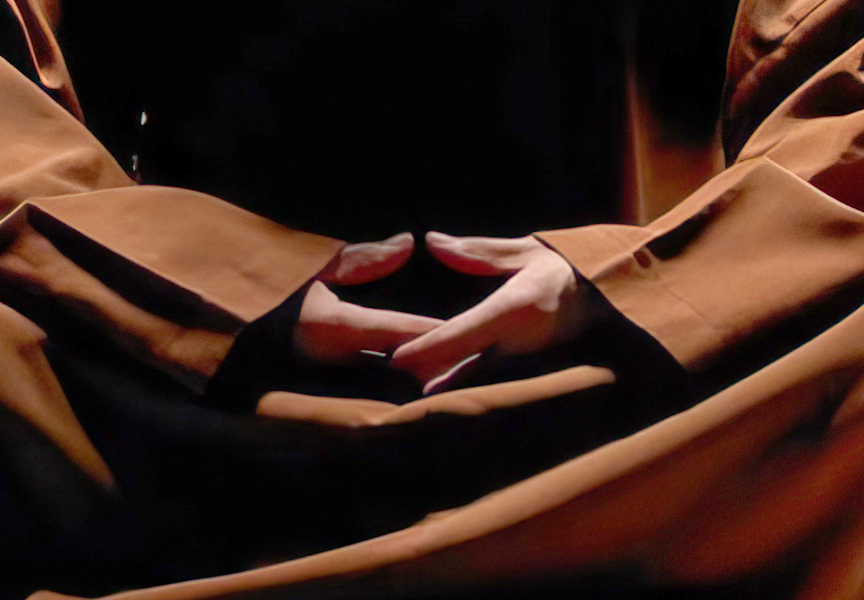
A Harmonious Journey to Mindful Balance In the hustle and bustle of modern life, where stress and anxiety often take center stage, finding solace and balance becomes paramount for overall well-being. One ancient practice that has stood the test of time is Equal Breathing - Fang Huxi [Chin.: Fāng hūxī 方呼吸], also known as Sama Vritti [Samāvṛtti - समां वृत्ति] . This mindful breathing technique offers a simple yet…
- Shaolin Kung Fu vs. Sports
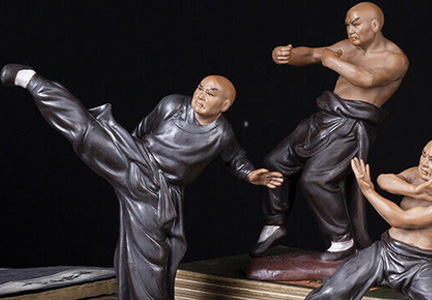
In a world that celebrates athletic prowess and competitive sports, it's easy to overlook the profound distinction between sports and holistic arts like Shaolin Kung Fu. While both require dedication, discipline, and physical conditioning, they serve different purposes and encompass distinct philosophies. Shaolin Kung Fu, deeply rooted in ancient Chinese culture, is a holistic art that encompasses not only physical strength but also…
- Vital Role of Qi in Shaolin Kung Fu
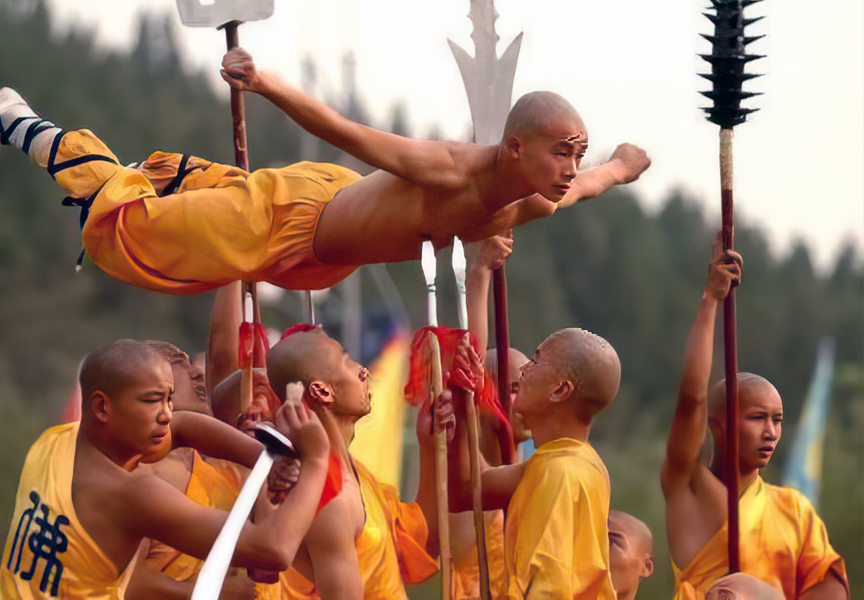
Shaolin Kung Fu, a traditional Chinese martial art with a history spanning over a thousand years, is renowned for its intricate techniques, disciplined philosophy, and the cultivation of inner energy known as Qi. In every movement, stance, and strike, the utilization of Qi is considered not just essential but vital. This ancient martial art emphasizes the harmonious integration of mind, body, and spirit, and the proper use of Qi is at the…

